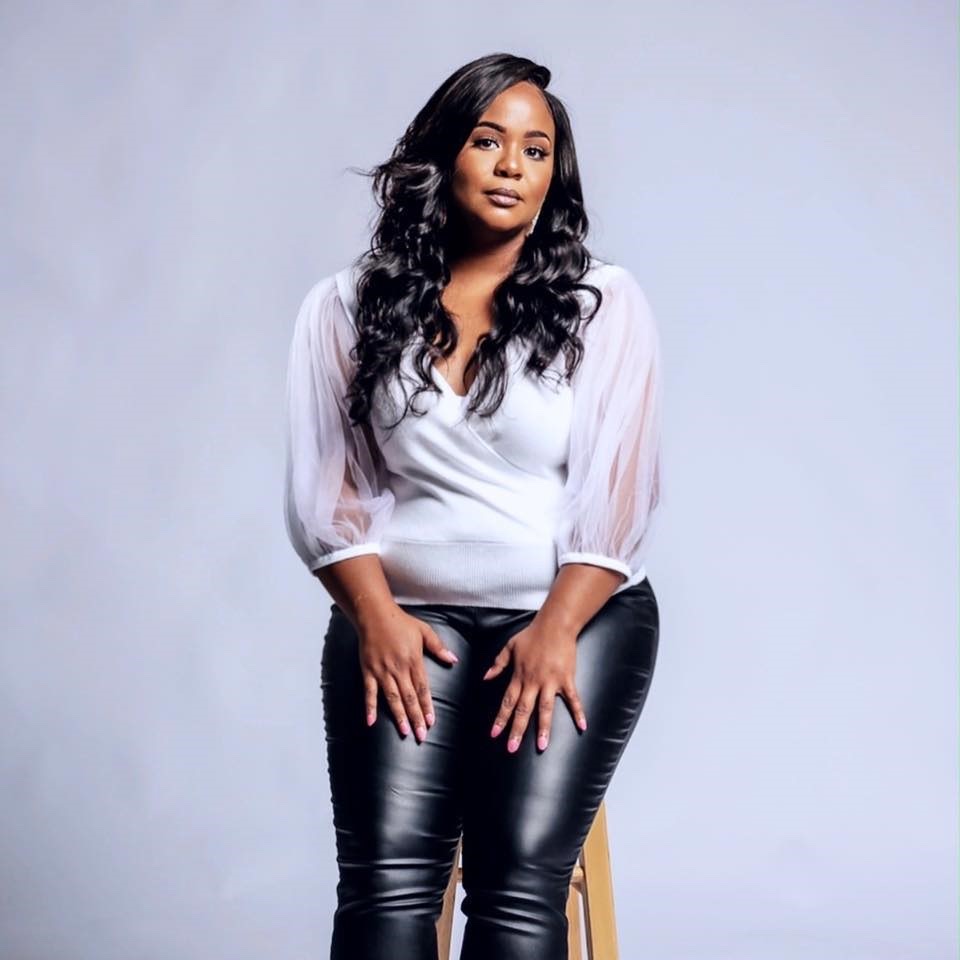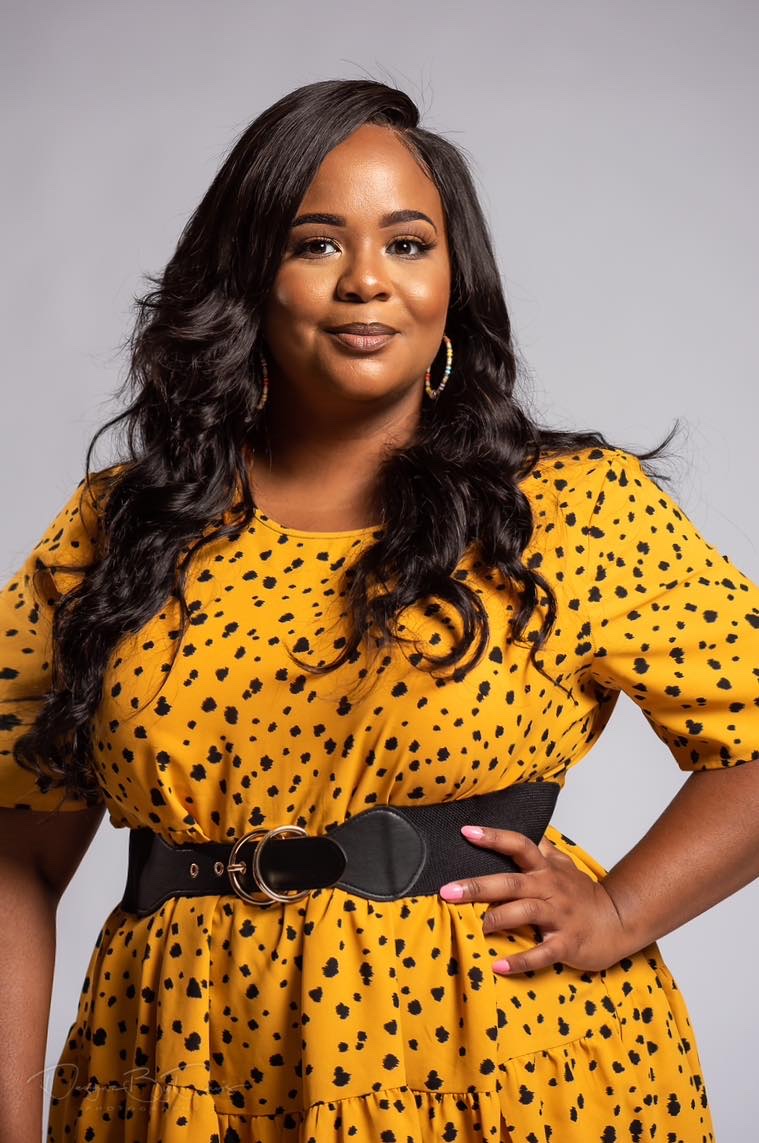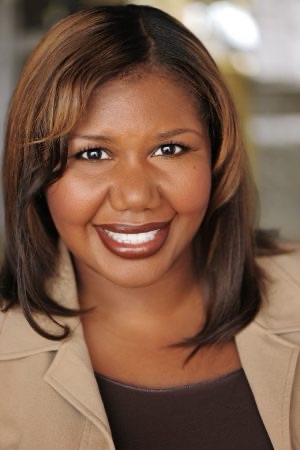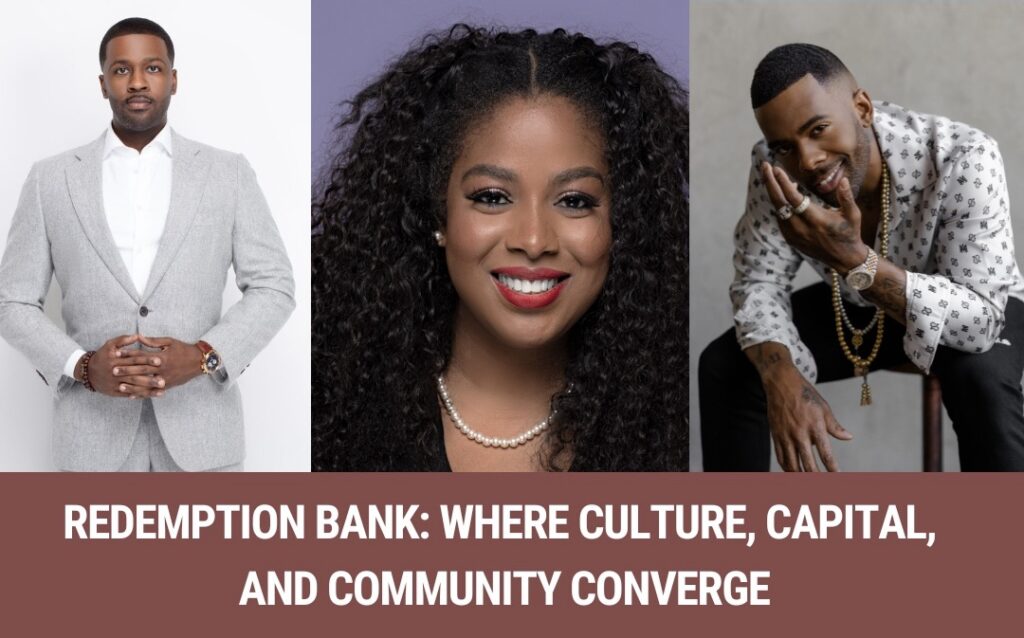If you have seen the movie “Taken”, then you may be a little familiar with human trafficking. According to the Department of Homeland Security, human trafficking “involves the use of force, fraud, or coercion to obtain some type of labor or commercial sex act.” While Liam Neeson was able to get his daughter back in the movie, that is not the case for millions of women, men and children in the United States each year. There is still a misconception that acts of sexual violence happen with strangers, and that traffickers have a certain look, but that’s definitely not the case. It’s no easier to get out once you’ve been caught in a trafficking ring. Language barriers, the fear of your captors, and even the fear of law enforcement can keep victims from coming forward and seeking help, keeping much of human trafficking in the dark.
Kelly Diane Galloway is a traveling missionary and founder of RAMP Global Missions. With support from celebrities like Whoopi Goldberg, she is also the founder of Project Mona’s House, which rescues victims who have survived human trafficking. Kelly has seen the extreme need to build public awareness on human trafficking, and will kick off The FreeTHEM Walk from May 3rd- June 19th. The FreeTHEM Walk is a 902-mile walk from Lynchburg, Virginia, to Buffalo, NY, that will raise awareness to help end human trafficking. Since human trafficking is modern-day slavery, this journey will mimic the Underground Railroad route with stops in 9 cities to pay homage to the abolitionists that fought to end slavery generations ago.
Kelly opened up to us about her own experience with human traffickers, what inspired her to this cause, how to stay safe in other countries, and how we can get involved. We are honored to have her share her story and see her use her voice to be a voice to those who may not have one.
What do you hope the Free Them Walk impact will be in regard to human trafficking?
“I hope that when people hear about The FreeTHEM Walk, they make a deliberate effort to learn about human trafficking. Our goal is to cultivate attitudes that promote people caring about other people’s welfare, whom they don’t even know. I want people to recognize that they are the Underground Railroad for human trafficking victims. I hope that together, we build a new network to freedom that frees modern-day slaves.”
How has being the descendant of a slave abolitionist inspired you with your current mission to eliminate human trafficking victims?
“Okay, let me correct that. I am not a descendant of slave abolitionists. I am a missionary who is a descendant of slaves. That has inspired me to work towards ending human trafficking. This mission is personal. My ancestors were trafficked, and they needed a Moses. I was not there throughout those generations, but I am here now, and I am freeing enslaved people. Some people may call me the Harriett Tubman of today, which is an extreme compliment, but I also consider myself a modern-day Moses.”
If you feel comfortable, do you mind describing your encounters with human traffickers in Nepal?
“I was staying in Kathmandu, Nepal, because of an incident in one of the villages where some girls went missing. Since there was not much electricity, I would go to the Himalayan Java Cafe to do work during the day. I was in the cafe regularly because that was the only place with constant electricity and food. I would stay there from very early in the day to closing every single night. One night, while I was leaving out the front of the cafe, two men approached me. They were already standing outside, and one said to me, “Hey, would you like to come with us to have a Nepali good time?” In Nepal, that was an invitation to go clubbing- but I was never a club girl. I didn’t go dancing because I don’t have any rhythm, so if I didn’t do that in the United States, I was not doing that in Nepal. So, I declined the invitation. Suddenly, the other man shot back, “Who do you think you are? You’re coming with us!” Without thinking twice, I immediately ran to the side of the building and went back upstairs. I used my cellphone to call my hostel, and they sent people to come and get me. There was no way I could have run away, knowing whether or not those men would have caught me. I made a split-second decision to go back inside. I didn’t argue or fight; I just ran up the stairs, and back into the cafe. When the guys from the hostel came to escort me back to my lodging, I asked who the strange men were. They told me they sold women. At the time, I felt I was overweight, and I was approaching 30 years old. I didn’t think that I fit the description of an ideal trafficking victim. The guys from the hostel let me know that it didn’t matter. They told me they could’ve forced me into labor, and if I had gone with them, I probably would have never seen my family again. That day, I learned that human trafficking happens fast. I am happy that I’m here and alive. I am so grateful that I ran back inside. I did not realize it then but, I was running for my life.”
What advice would you give to women who are traveling alone to any foreign countries?
“Women traveling to foreign countries alone should always be aware of their surroundings. It is important to recognize that although you may have good intentions and mean people well, there are groups of people who do not mean you well. I suggest women do thorough research and try not to act lost when traveling. Women should also pay special attention to who they ask for help. Do as much research as possible and do not go to dangerous places late. If a woman is traveling alone, she should find local, reliable contacts she can trust. However, it’s best to travel in pairs. Period.”
Could you give us a little information about Project Mona’s House?
“Project Mona’s House is located in Buffalo, NY, and it is the first and only human trafficking restoration home in the western New York region. The organization offers a vital program that restores women victimized by human trafficking, and it helps people who have been victims of any form of sexual abuse or assault. We also have programs that serve children ages 7 to 17 years old. Project Mona’s House exists to rescue victims anywhere in the U.S. and help end human trafficking. We educate people about what human trafficking is, how to spot it, stop it, and how to join the fight against it. Our organization provides group sessions for women, and we offer an empowering curriculum for girls.”
What things do you have upcoming and how can people get involved?
“The latest initiative by Project Mona’s House is the FreeTHEM Walk. The FreeThem Walk is a 902-mile journey from Lynchburg, Virginia, to Buffalo, New York. The route mimics part of the Underground Railroad, which enslaved people traveled to find their way to freedom. The FreeThem Walk will light a path towards freedom by highlighting the same journey as freedom seekers like Harriett Tubman, Henry Box Brown, and William and Ellen Craft. By following their footsteps, we hope to encourage, enlighten and empower others to help us emphasize ourselves as a modern-day Underground Railroad that will free modern-day slaves.”
What inspired you to become a traveling missionary?
“I believe that being a missionary is a divine calling from God. I can share God’s love with people all around the world. I defend the broken and those who are hurt. I am a voice to the unheard. God called me to do this.”
How has being a missionary affected you?
“When I talk to people who knew me before I began my missionary journey, they say that I am a lot nicer. Being a missionary has opened my heart and mind to things that are going on in the world. I realize that before entering into the mission field, I was self-centered. I went from being self-serving to self-less, and I genuinely aspire to do even more in the world.”

Candace Green is a Birmingham, Alabama transplant by way of Washington DC. She enjoys reading, writing, cooking and eating amazing food, and Marvel movies. She is an author and blogger. You can follow her on IG: c_dog93
Follow Us On Social Media!




